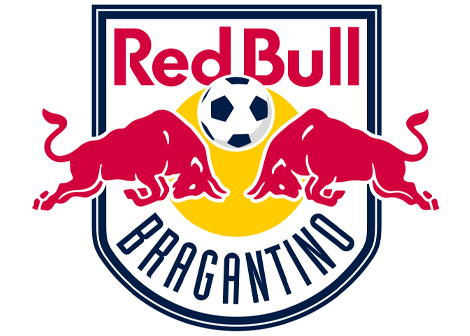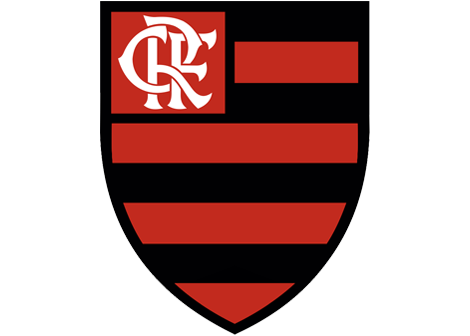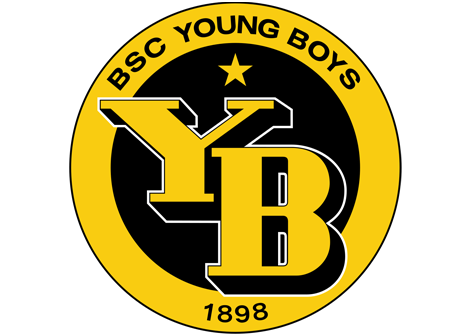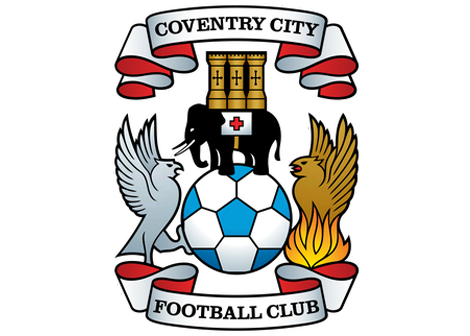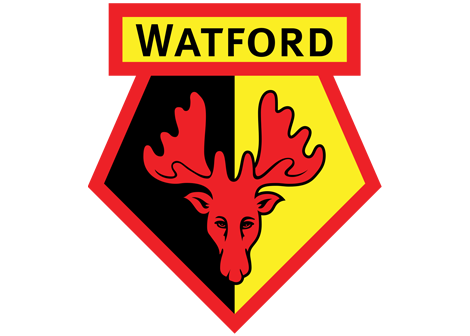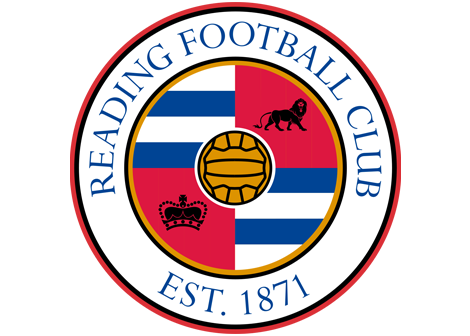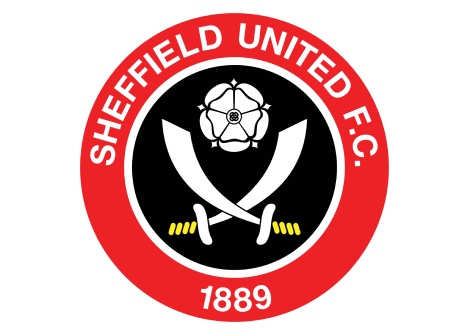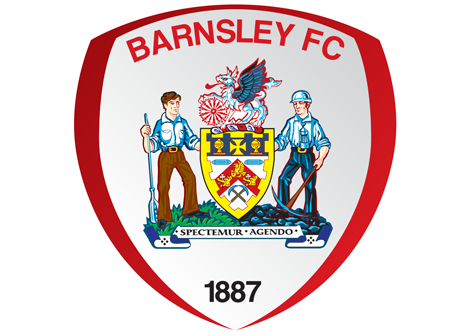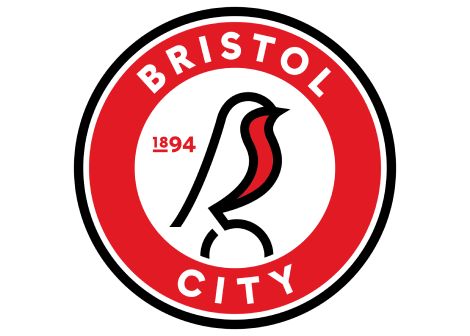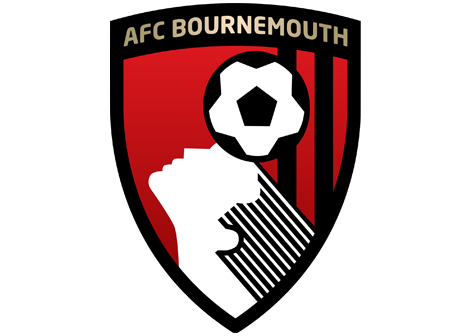In world football's hyper-competitive market, transfer fees can fluctuate massively and a decision-maker's ability to negotiate effectively is crucial. A top negotiator who has worked with Chelsea and Liverpool gives his essential tips for buying clubs to strike the best deal for their transfer target.
You want the other party, or parties hopefully, anchored to your valuation. So go high, go high as you think you can do, because you can always go back down. So don't be too conservative, be bold. Especially if you're going early.
Maximising return on investment and the value of the first-team squad is a crucial key to success for CEOs and other decision-makers at clubs all over the world, and negotiating the right terms in the transfer market makes a massive difference.
After giving us his top tips for selling clubs on how to negotiate the best deal for their player, Dan Hughes, a Transfer Negotiation Expert at Bridge Ability who has worked with some of the world's top clubs including Premier League giants Chelsea and Liverpool, explains the keys to successful negotiating for buying clubs.
1. Don't be too influenced by the selling club's valuation
"The first thing to bear in mind when you're buying a player is not to be too influenced by the selling club's valuation because almost always, it's their valuation that will come out first.
"So, what we tend to find is that a selling club comes out with their valuation and the buying club will make their offer, even if it's lower, but they'll offer it in relation to what's being offered, or what's being asked for by the selling club.
"So, almost ignore it. Propose on your terms. Come up with your valuation and be prepared to offer lower than you think. So, you need to understand their circumstance.
"Does their player want to leave? Are they going to leave anyway? Is it a question of damage limitation for the selling club, or are you in a highly-competitive situation, where you're up against some of your biggest rivals? In which case, you might need to pay more.
"But you need to understand that, and that's what should fuel your opening offer, not the valuation that's been placed by the selling club."
2. Make your first offer as early as possible
"What you need to do is get it in as early as possible. Theirs will probably have come first, but it doesn't have to be that way. If you're interested in a player and the selling club said they don't want to sell, which of course happens a lot, get in with an offer on your terms as early as you can.
"We see too much of people asking for a valuation from the selling club. You're just giving them the opportunity to anchor a nice, high offer from their perspective, and then you've got to get them down from it. It's more likely to happen on their terms.
"So, if they already have got their valuation out, you then want to go with your counter offer as soon as you can to stop the anchoring happening around their position. So go low, go as early as you can, and if possible, get your valuation in before the selling club does."
3. Understand the club's motivation for selling
"Even if they appear not to want to sell, if the player wants to leave... The chances are, well, they're going to have to sell. So, it's the human side of it which is crucial.
"Tap into the player. Understand why they want to move, understand what's important to them. Understand from the agent as well. But the first important thing is understanding the motivation of the club, on what they want to do."
4. Understand the motivation of the player
"Do they want to leave? Are they happy where they are? Do we need to incentivise them? What's important to them? Is it winning trophies? Is it being close to home, close to their family... What is it? Because it's not always what it might first appear.
"An established, international, high-value player is slightly different. But if we're talking about, perhaps, a kid or an academy player... understand who's the power behind the throne.
"It might be the player themselves, who's making all the decisions. It might be a parent, and that will be different. One of the parents might be interested in how they're going to be looked after. That pastoral care. What happens if they don't make it?
"One of the parents might be more interested in the glory. They might be more interested in living their career vicariously through their child. So, if they're a lifelong fan of your team, that might make all the difference."
5. Understand the agent's motivation
"Linked to all of these things is the motivation of the agent. Don't assume those last two are the same. The motivation of the player and the motivation of the agent could, in fact, be in conflict sometimes.
"So, you've got to have the agent on board, to some degree, to get the deal over the line. So, what is it? What is important to them?
"We know, in the vast majority of cases, it's purely financial. It's business. It's work for them, there's nothing wrong with that. But what is it, what's their interest in this negotiation?"
Book an intro call
Trusted by decision makers from 800+ clubs worldwide


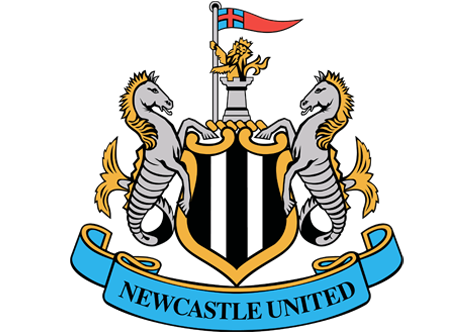
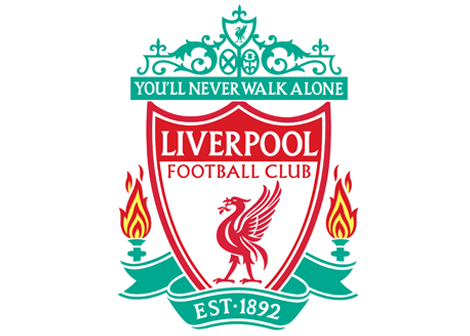
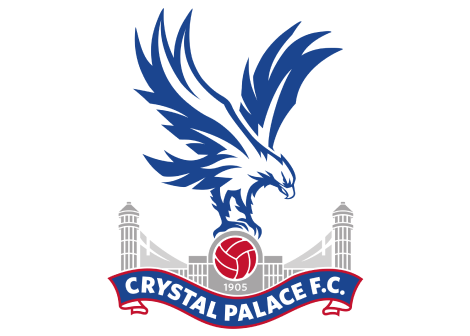
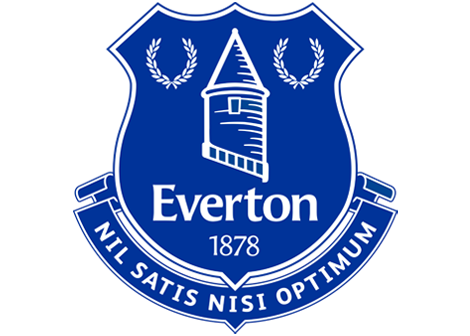





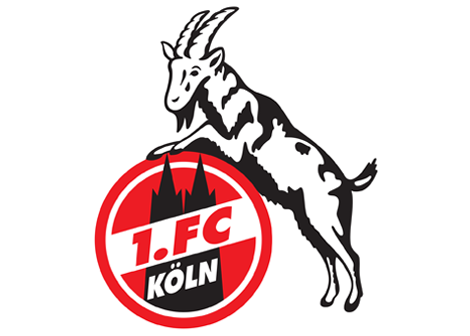



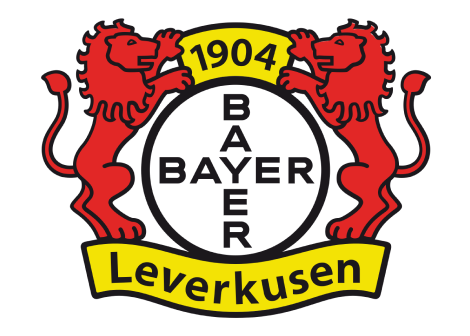














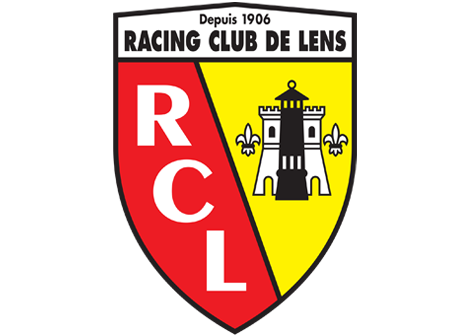


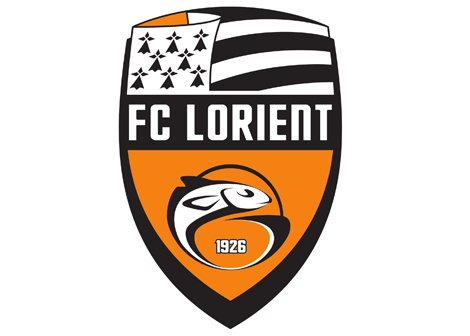





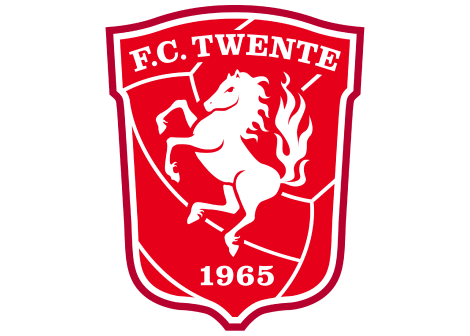

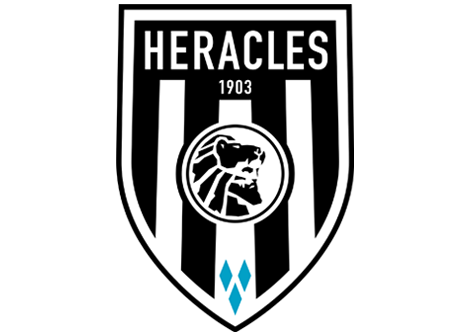





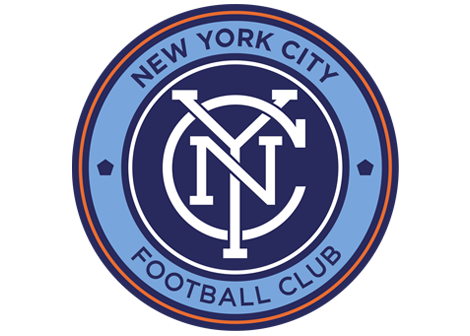
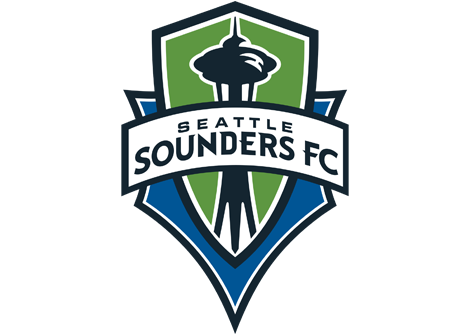


















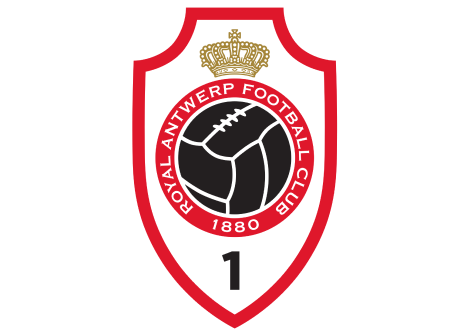











/SWEDEN/Malm%C3%B6%20FF.png)





